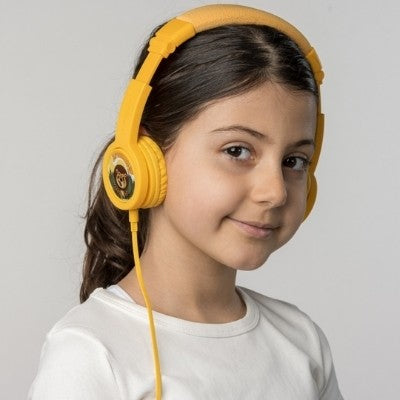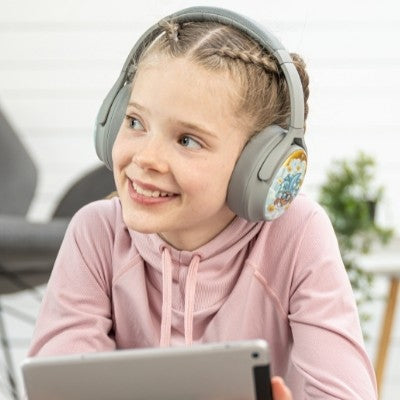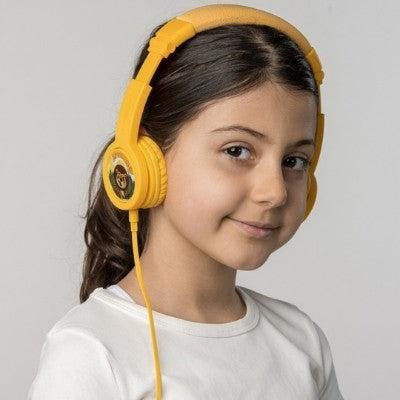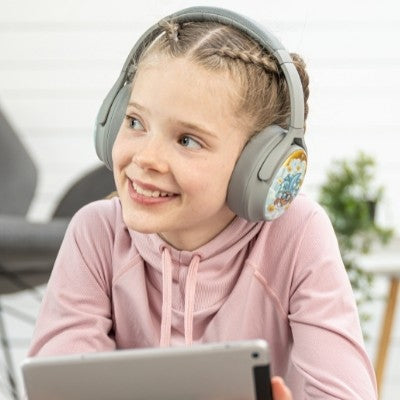Five Types of Productive Play
The Importance of Play: Part 2
This is the second article in our series about the Importance of Play, and comes with 20 fun and productive play summer activity ideas (printable chart below). Enjoy the article, and have fun!

“All work and no play makes Jack a dull boy,” as the saying goes. People like to overuse this proverb as a license to play more and work less. But the second line, which isn’t quoted as often, is just as important- “all play and no work makes Jack a mere toy.”
So how do we strike a balance with kids where we don’t overwork the fun out of them, but they aren’t wasting away time they could be learning? The answer is productive play. This doesn’t mean that playtime should have an end product, but that the process of playing is set up correctly so that kids benefit from the whole experience. For healthy play, the focus should be on the process rather than the results.
To help, researchers have identified several categories of play- physical, constructive, imaginative, dramatic, and competitive. Play that falls in to these different categories helps kids develop physically, socially and emotionally, and cognitively.
Remember, playtime is a crucial part of a healthy childhood and shouldn’t be overly regulated. The purpose is to use it advantageously to help your kids grow up happier, healthier, and ready to face and overcome the challenges of the world.

5 Types of Productive Play
Physical Play
This encourages kids to be active. Think hide-and-seek, tag, running around the park or climbing all over the playground. This type of kinesthetic learning teaches perseverance, motor skills, and social awareness.
Constructive Play
Just like the word implies, this type of play involves building something from scratch, like using blocks, Legos, or cardboard to make a tower or monster. This puts cognitive skills at the forefront when kids ask, “how do I get this to work?” It also encourages spatial awareness, reasoning, problem-solving, and resilience when things fail.
Imaginative Play
An important aspect of healthy play is that it is not limited by reality. Engaging in fantasy through drawing, singing, dancing, and playing with action figures or dolls is symbolic play that helps kids express feelings, communicate ideas, and explore emotions.
Dramatic Play
Giving kids time for storytelling, dress-up, role-playing, and puppetry lets them experience and express a range of emotions and develop critical interpersonal skills like empathy, cooperation, and negotiation.
Competitive Play
Despite the limitless supply of online games, try to keep this old-school - there are plenty of card and board games, and tons of new fun games out there with simple rules to follow, and sometimes have hilarious pay-offs! This can encourage team spirit, self-motivation, and anger management if the game doesn’t go their way.

To stay organized and keep track of ideas, simply download and print out our BuddyPhones Productive Play Activity Chart. Add your own ideas to the chart and cross off the ones you've already tried!
Some reminders to follow when you let your kids play:
- Block it out. Fight the urge to schedule playtime down to the minute, and instead allocate large blocks of ample, unstructured time for kids to be creative, to reflect, and to decompress. Be flexible if an opportunity for productive play presents itself outside your “schedule.”
- Have regular check-ups. While they play, ask them if they feel tired, burned out, or bored. The benefits of productive play are lost when anxiety or stress is introduced.
- It’s a play democracy! Avoid dictating exactly what activity is on offer and give kids a say in what they want to do. To elicit ideas, you can refer them to the Play Chart, or pick out ideas from a jar at random.

If you’re still unconvinced letting your kids befriend a sock puppet will ultimately benefit your kids, consider this statement from John Goodwin, CEO of the Lego Foundation. “Helping kids play more will equip them to be relevant to the workplace and to society.” The end goal isn’t an award or a finished piece of art, productive play is about cultivating creative thinking and gaining emotional intelligence- both skills that robots can’t learn.
“All work and no play makes Jack a dull boy.
All play and no work makes Jack a mere toy.
Working through play makes Jack easy to employ.”
You may have noticed we don’t mention electronics much in this article. In fact, there’s almost no mention of how to incorporate them, or whether or not they should be a part of play. In our next article, we’ll explore how to constructively introduce electronics into healthy playtime.
In case you missed it, here's the link to the chart of productive play summer activities: BuddyPhones Productive Play Activity Chart.
Sources
https://www.verywellfamily.com/types-of-play-2764587?utm_source=pinterest
http://pediatrics.aappublications.org/content/119/1/182








Leave a comment